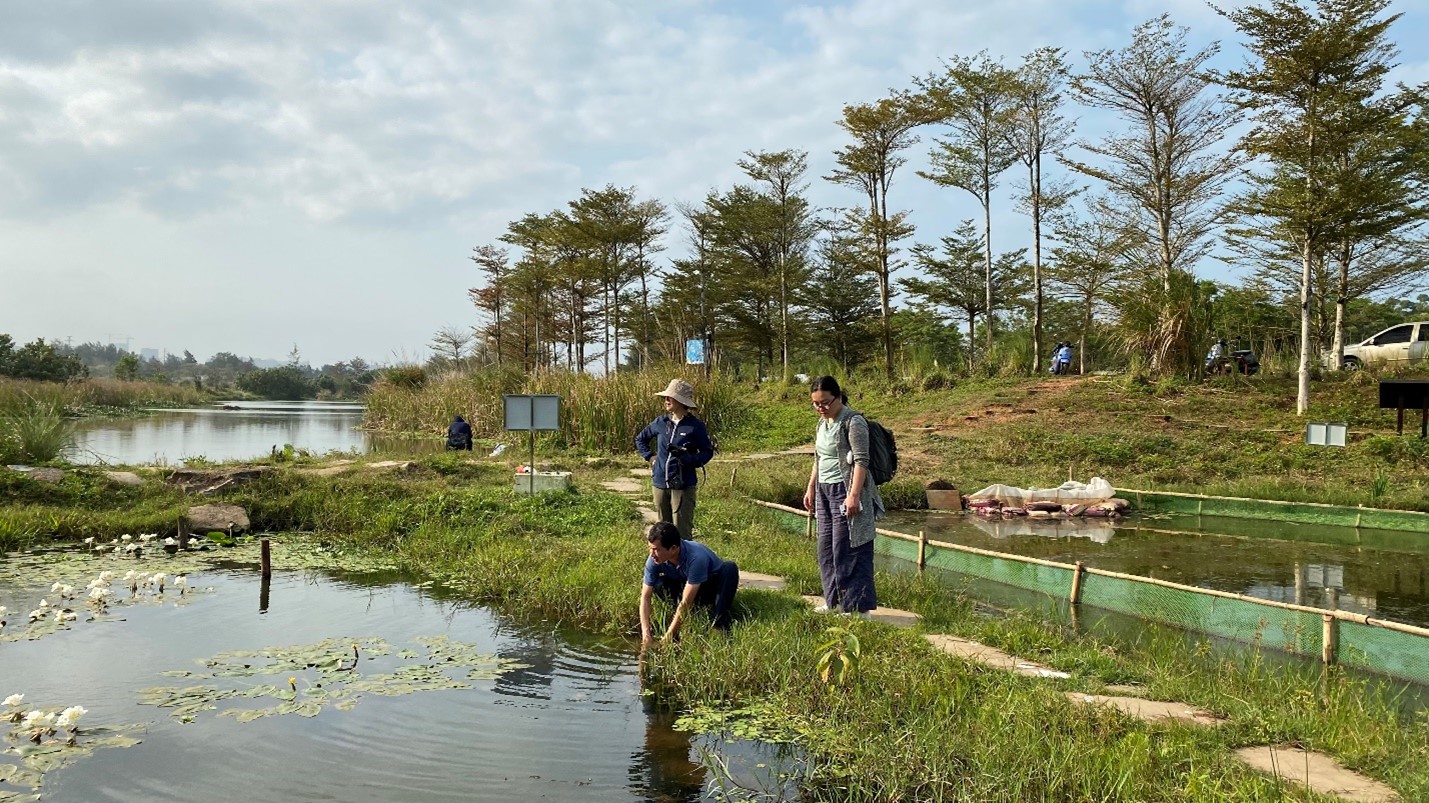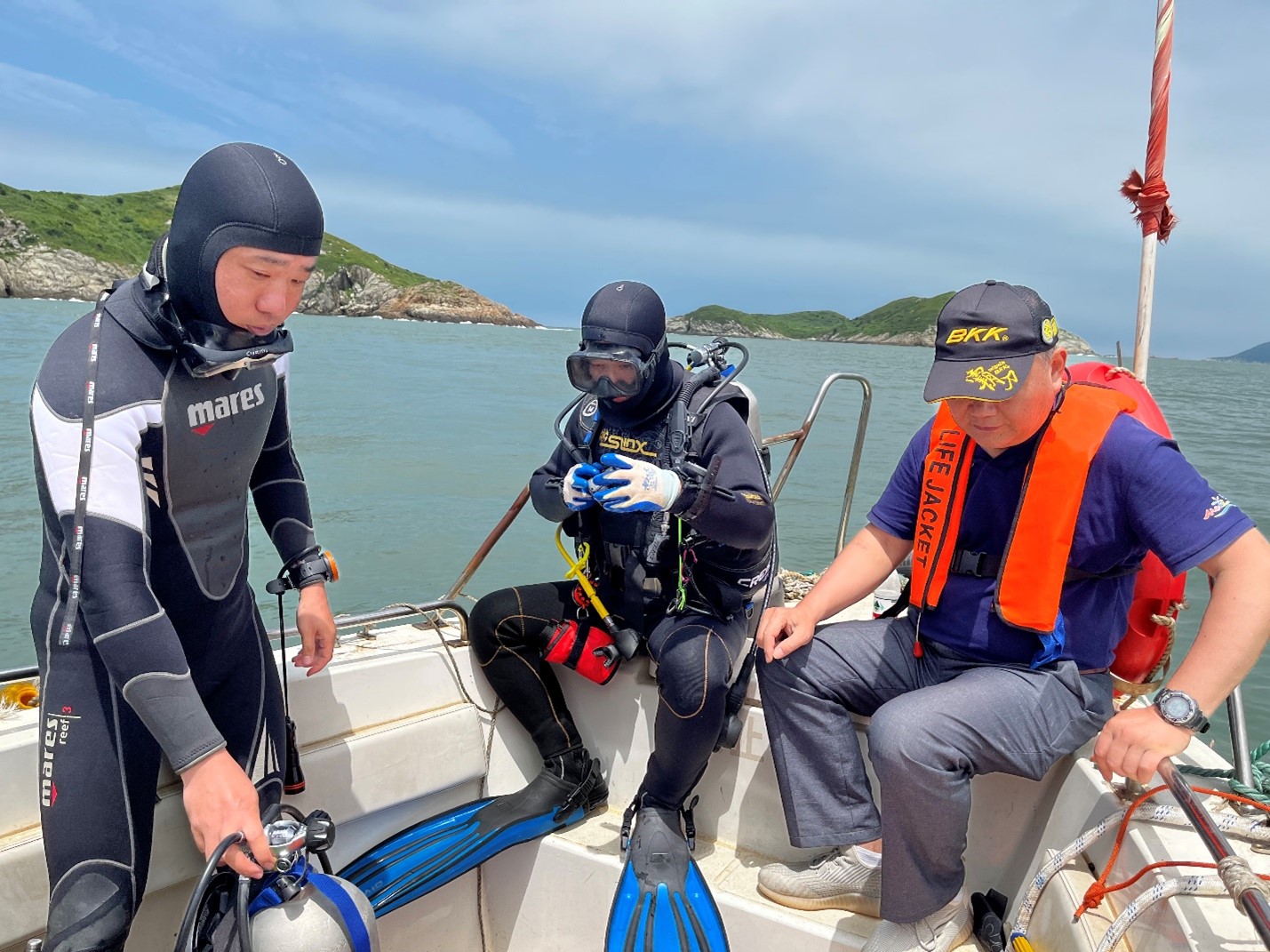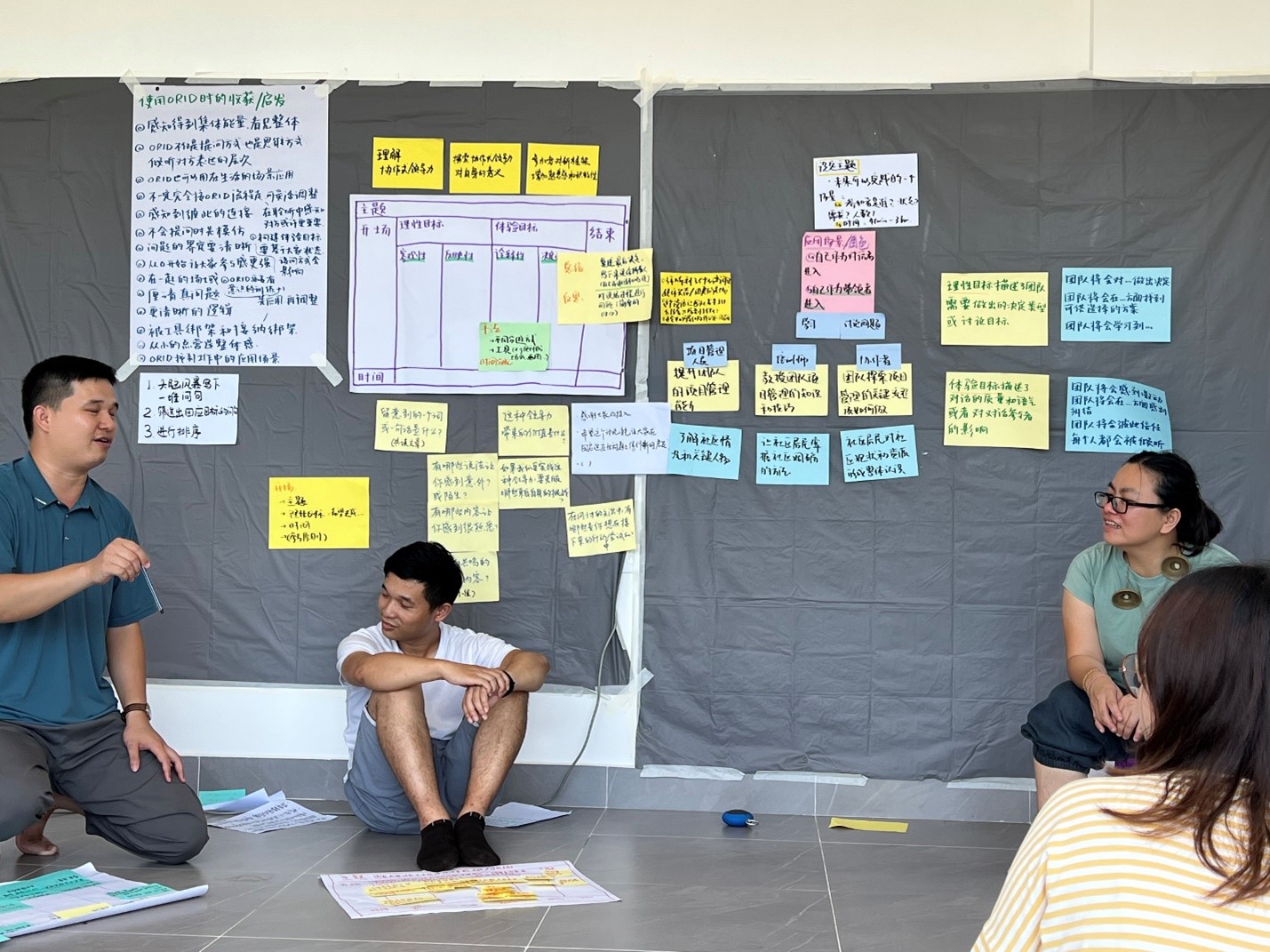UNDP-DLF Joint Programme for Supporting NGOs in China on Marine Conservation
Summary
-
- The UNDP-DLF Joint Programme for Supporting NGOs in China on Marine Conservation is designed to help improve ocean and coastal management practices amidst significant challenges such as unsustainable fishing, marine environment pollution and ecosystem collapse.
- UNDP China in cooperation with, and with financial support from, the David and Lucile Packard Foundation will build the capacities of China’s NGOs to strengthen their ocean & coastal management and marine conservation capabilities, with a view to helping the country create a marine eco-civilization. The focus of the project will be on supporting NGOs on coastal and marine conservation, especially supporting projects led by women and empowering women’s participation in sustainable management of coastal and marine resources.

Background
-
- China is now at the threshold of a major transformation in how it manages its ocean and coastal regions. For decades, many local governments prioritized activities that could achieve short-term economic and food security goals. The primary emphasis has thus been on increasing the production of aquaculture, expanding the fishing effort, and reclaiming coastal wetlands for industrial and other uses. However, the benefits of increased production as a result of these activities are now reaching its limits. More than half of China’s coastal capture fisheries are overharvested and depleted. More than 60 percent of China’s natural coastal wetlands have been lost to development projects.
- As China has begun to re-think its approach to the management of its ocean and coastal regions, there is a significant opportunity for foundations, non-governmental organizations (NGOs) and international experts to contribute to China’s efforts in improving its management of capture fisheries, aquaculture, and wetlands as part of the country’s efforts to establish a marine eco-civilization and a sustainable blue economy. This opportunity needs to be pursued by supporting significant growth in institutional and human capacity within China, and with the active participation of local communities.
- UNDP through its GEF Small Grants Programme and David and Lucile Packard Foundation are collaborating to address the challenges through a joint programme with its focus on supporting local communities and NGOs, specifically empowering women’s participation in sustainable management of coastal and marine resources.

Project Outcome
The project aims to:
- Promote community-based models and biodiversity friendly practices and approaches for conservation and sustainable use of threatened ecosystems and species in important coastal/ marine ecosystems.
- Improve productivity, food security, and livelihoods of small-scale fisheries and empower fish workers for fisheries management through sustainable practices.
- Protect coastal and marine environment from land-based sources of pollution and marine waste reduced.

GESI Component
- This is a GEN2 project at UNDP China.
- The project recognized that the degradation of natural resources both results from and contributes to global challenge on climate change, land degradation and marine life. These changes impact everyone, regardless of gender, race, age and level of income. However, the extent to which degrading resources and increasing instability affects individuals varies depending upon several key factors, most significantly, gender and economic status.
- The project is expected to strengthen capacities of select pilots to adopt sustainable biodiversity policies and gender-sensitive biodiversity-friendly approaches and practices.
- The project prioritized support projects with women in leadership roles and projects that support women's participation in the sustainable management of coastal zones and marine resources.
- In addition, all direct and indirect project beneficiaries in this project disaggregate by gender (individual people).


 Locations
Locations